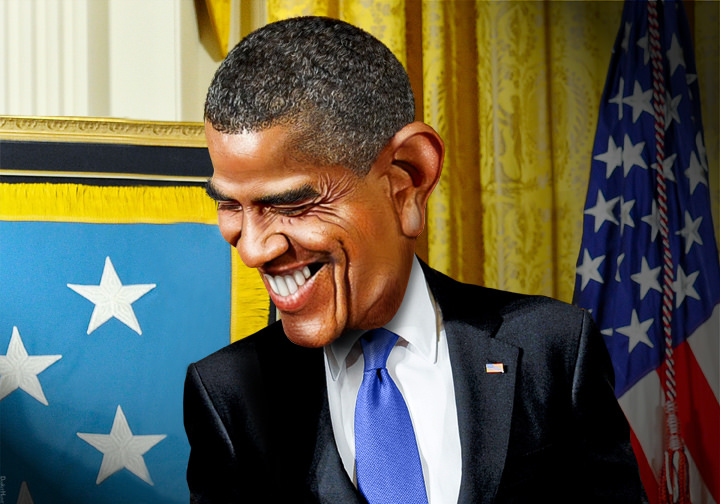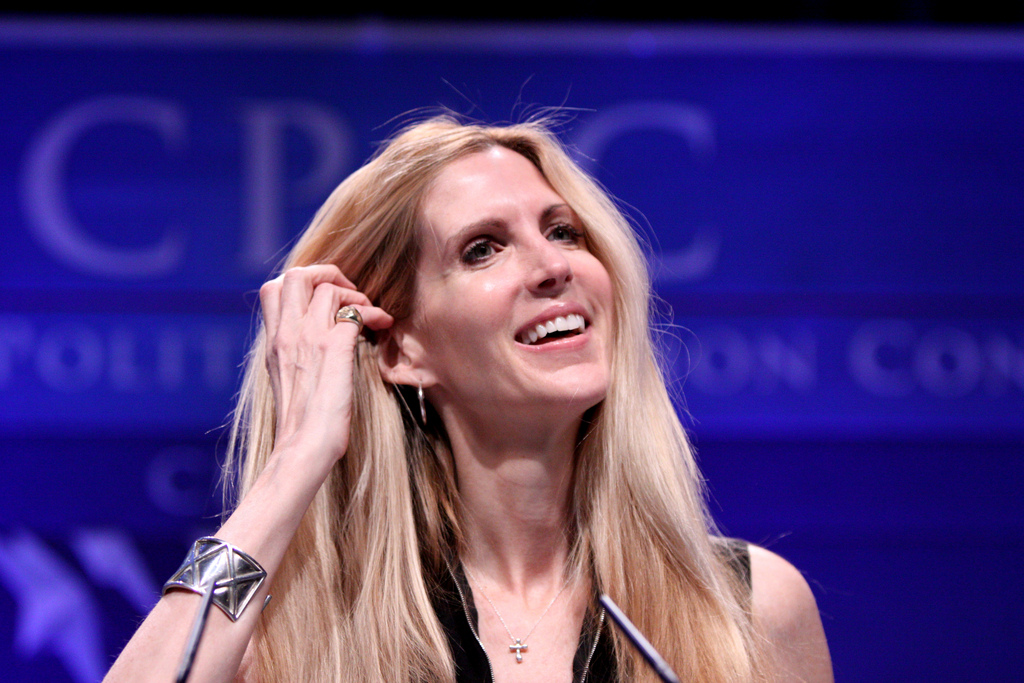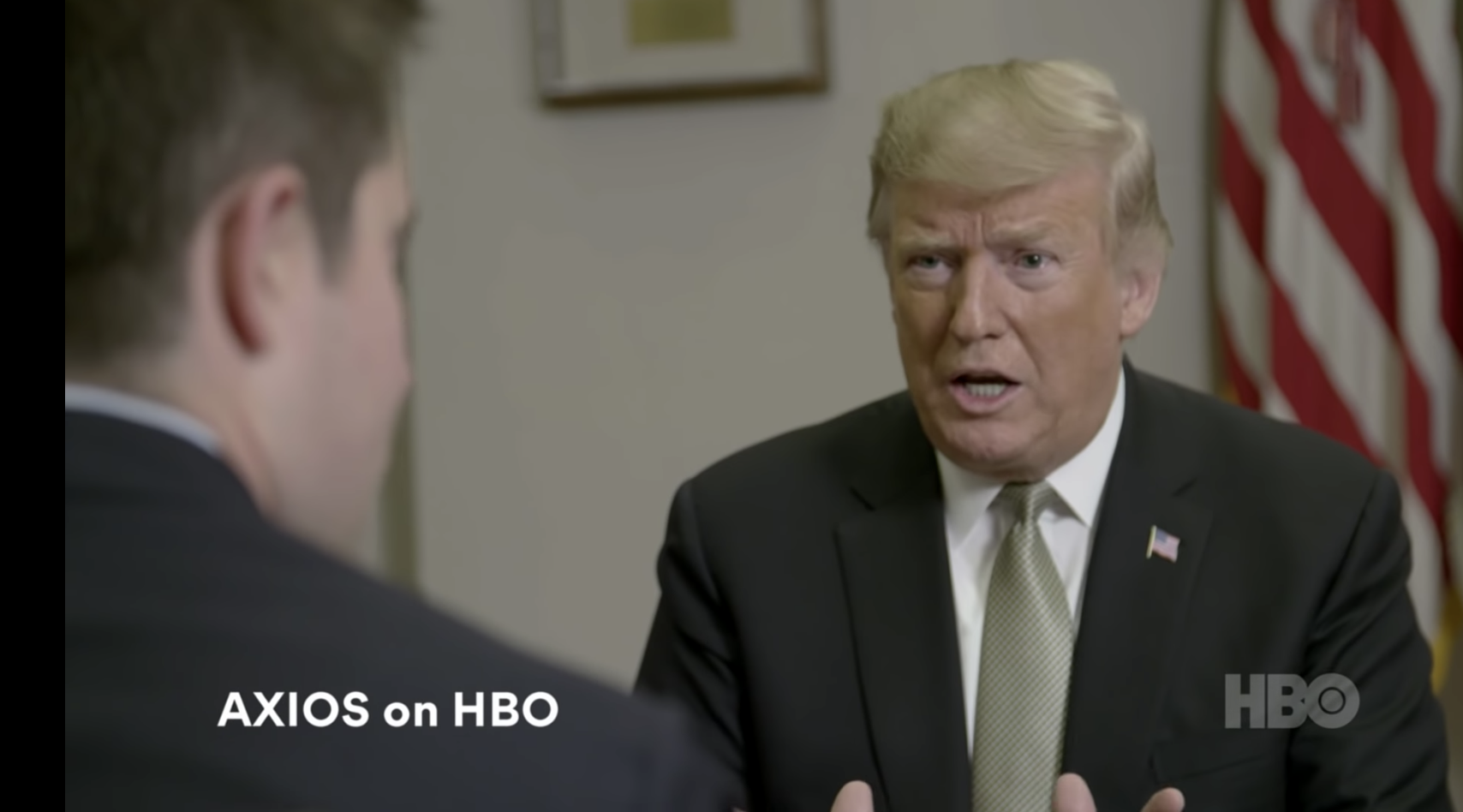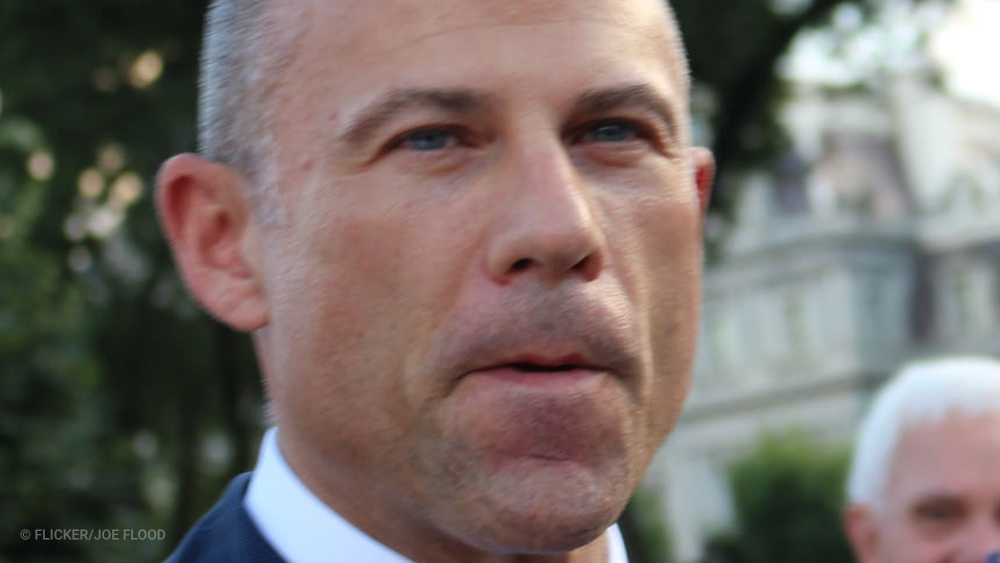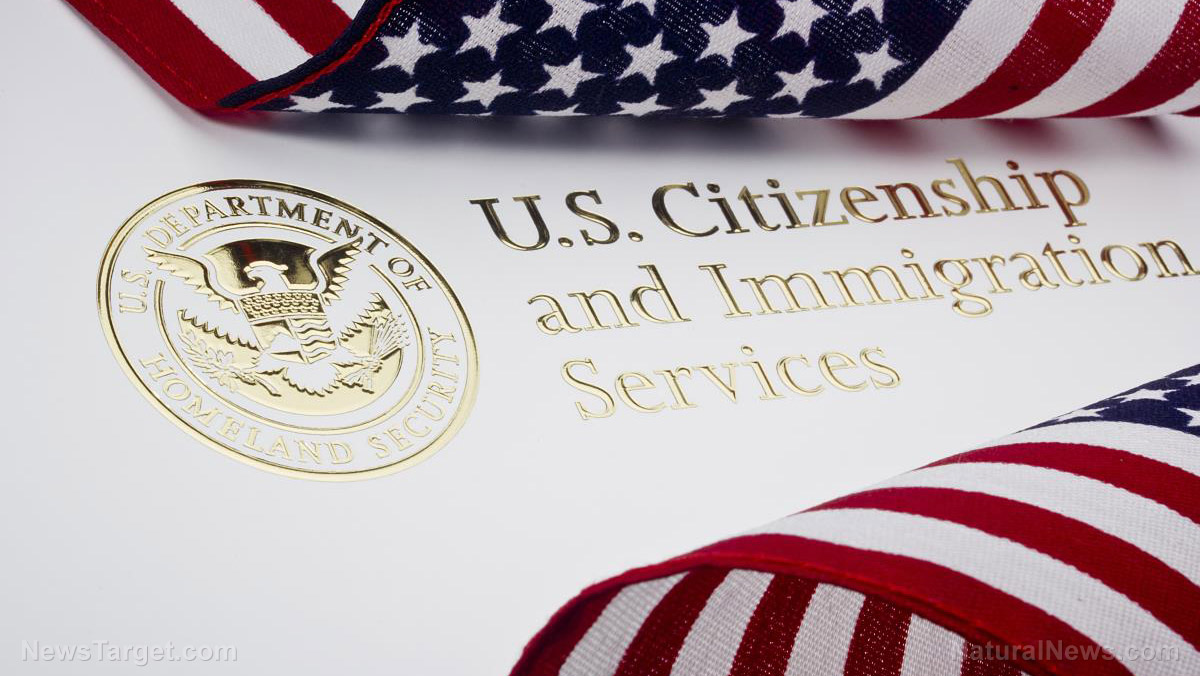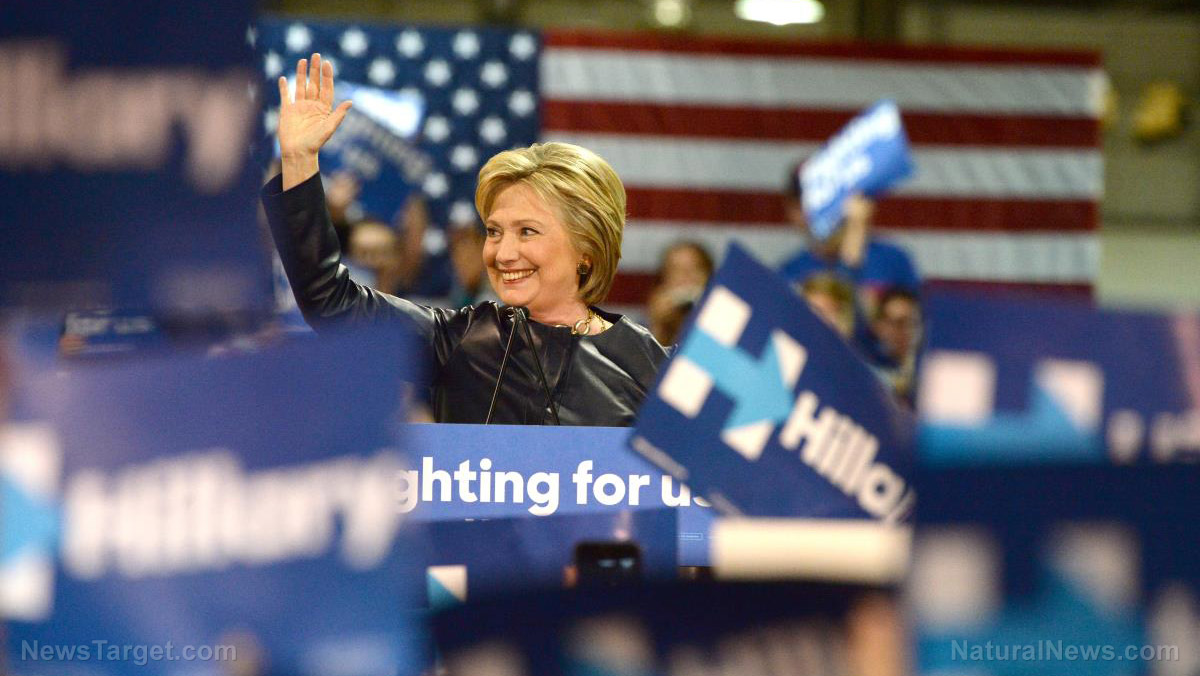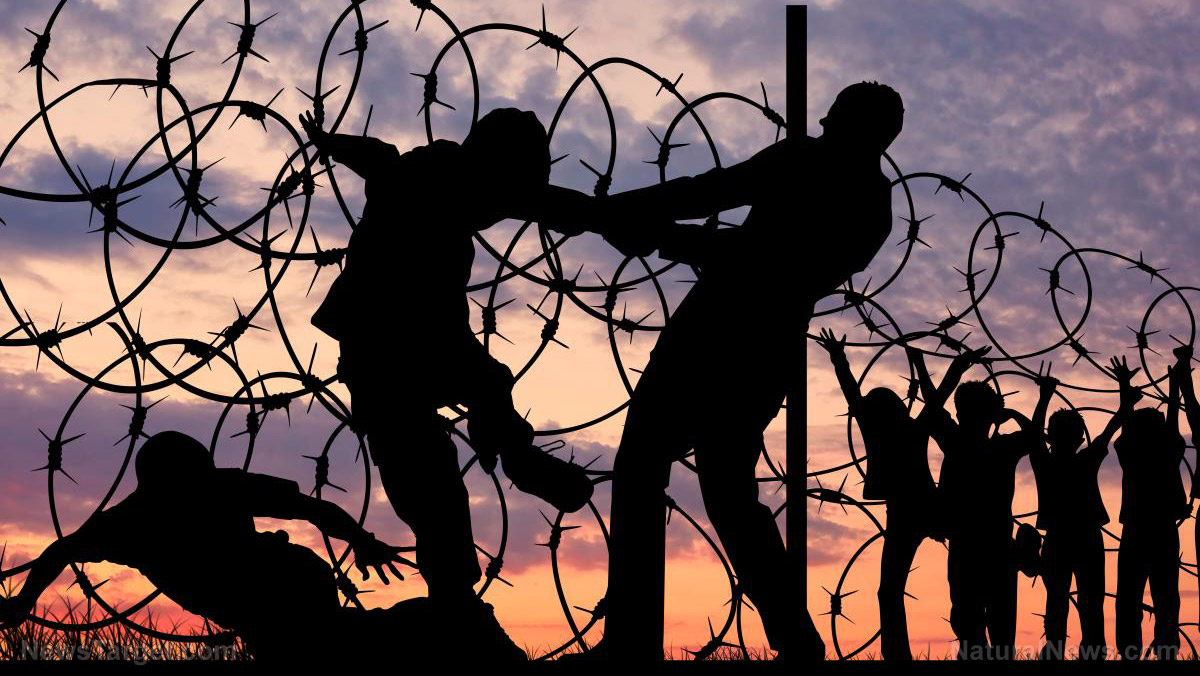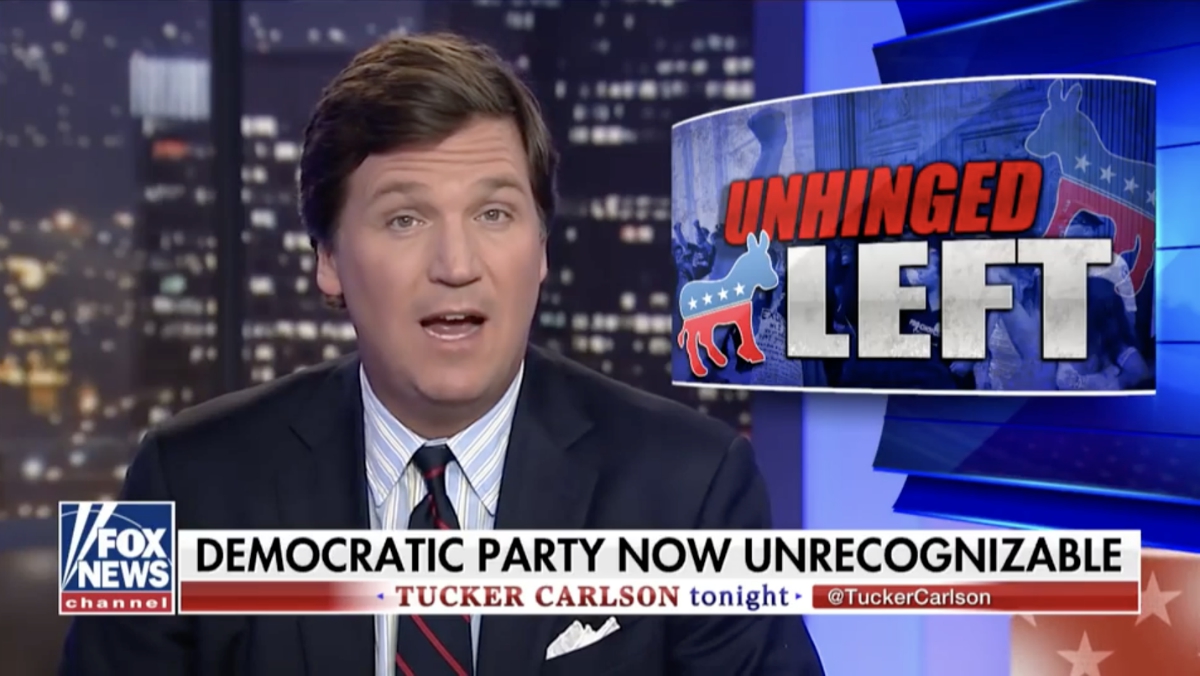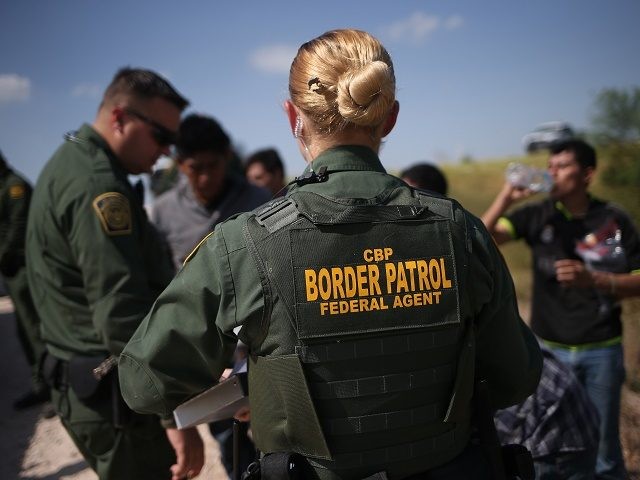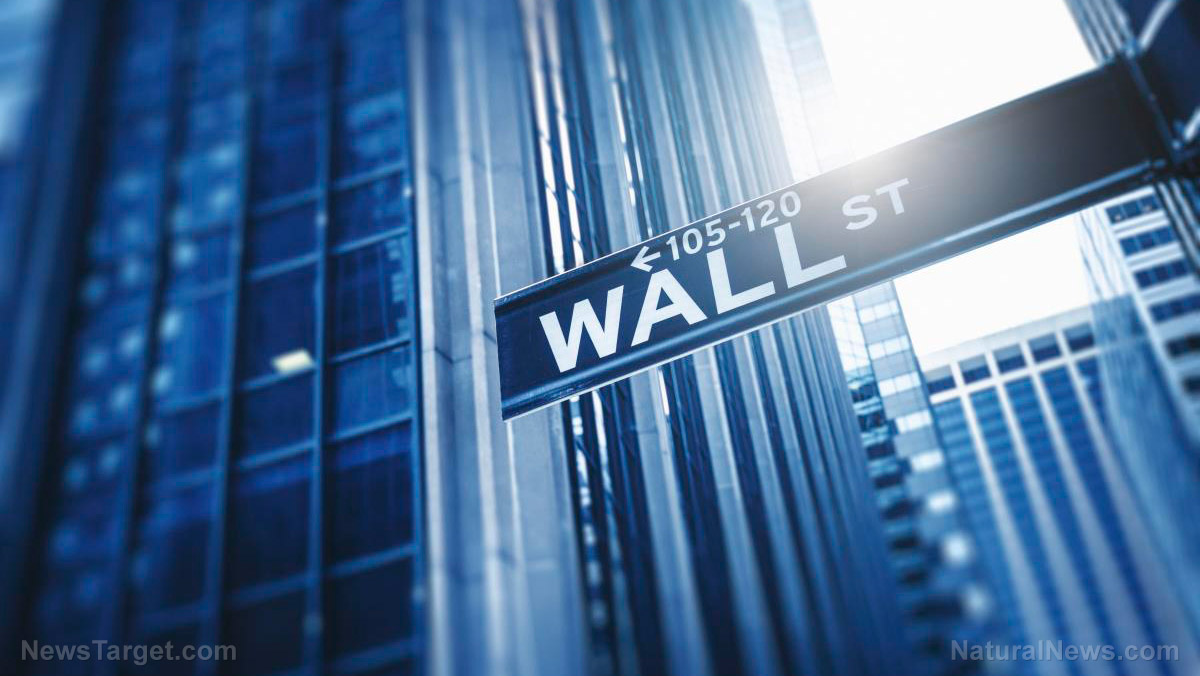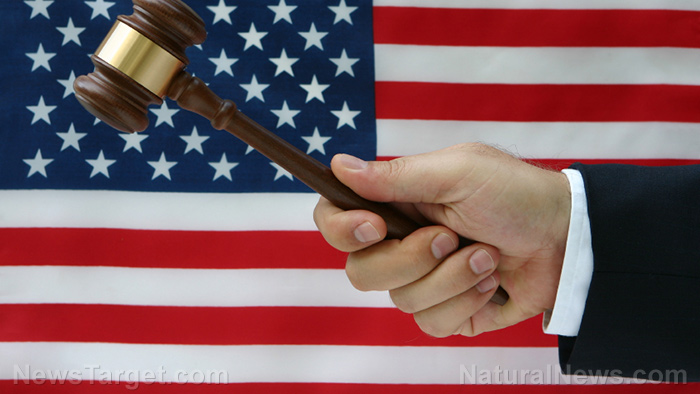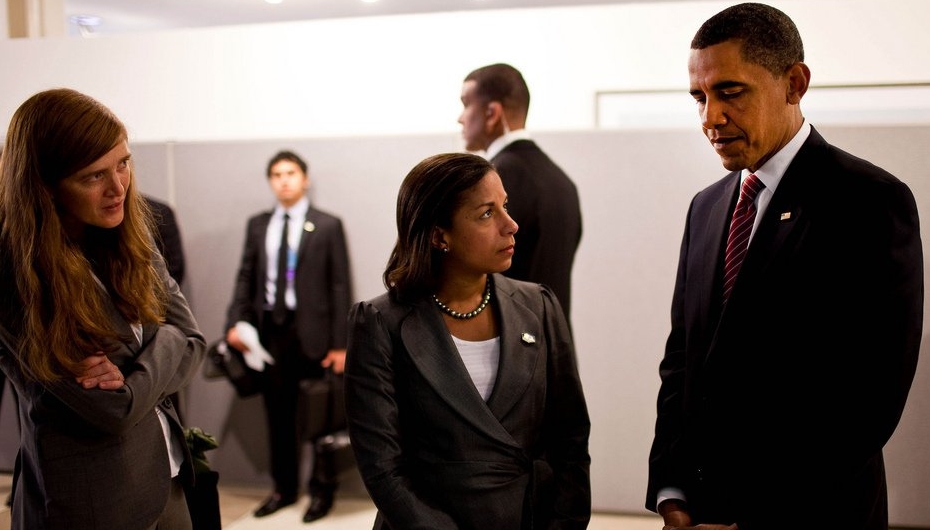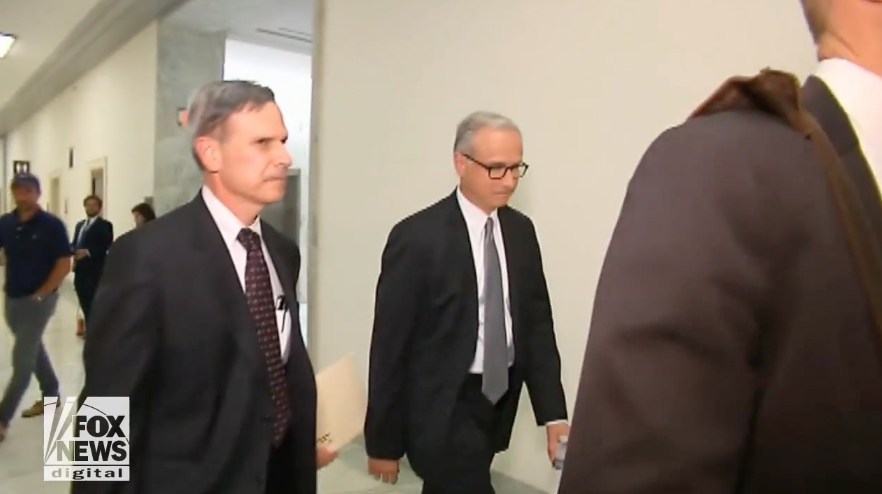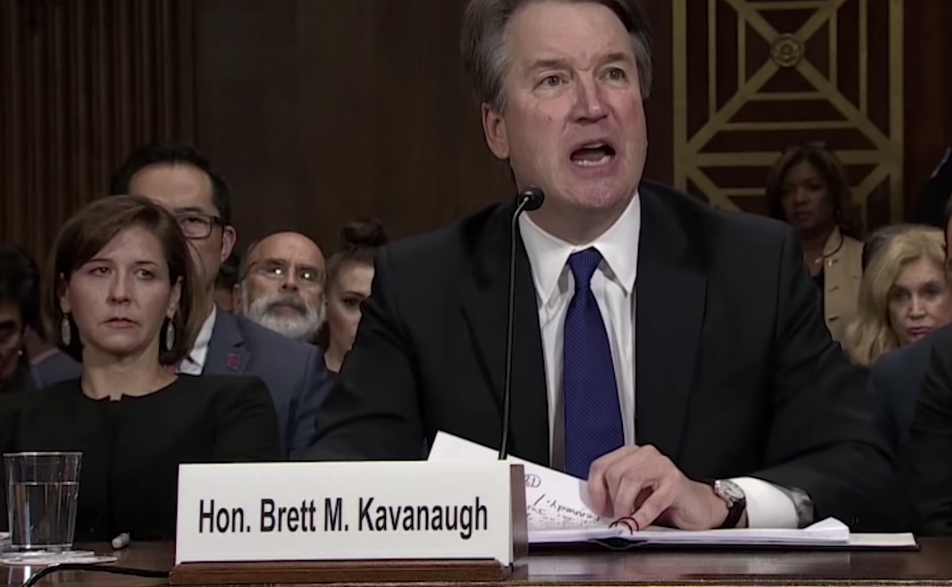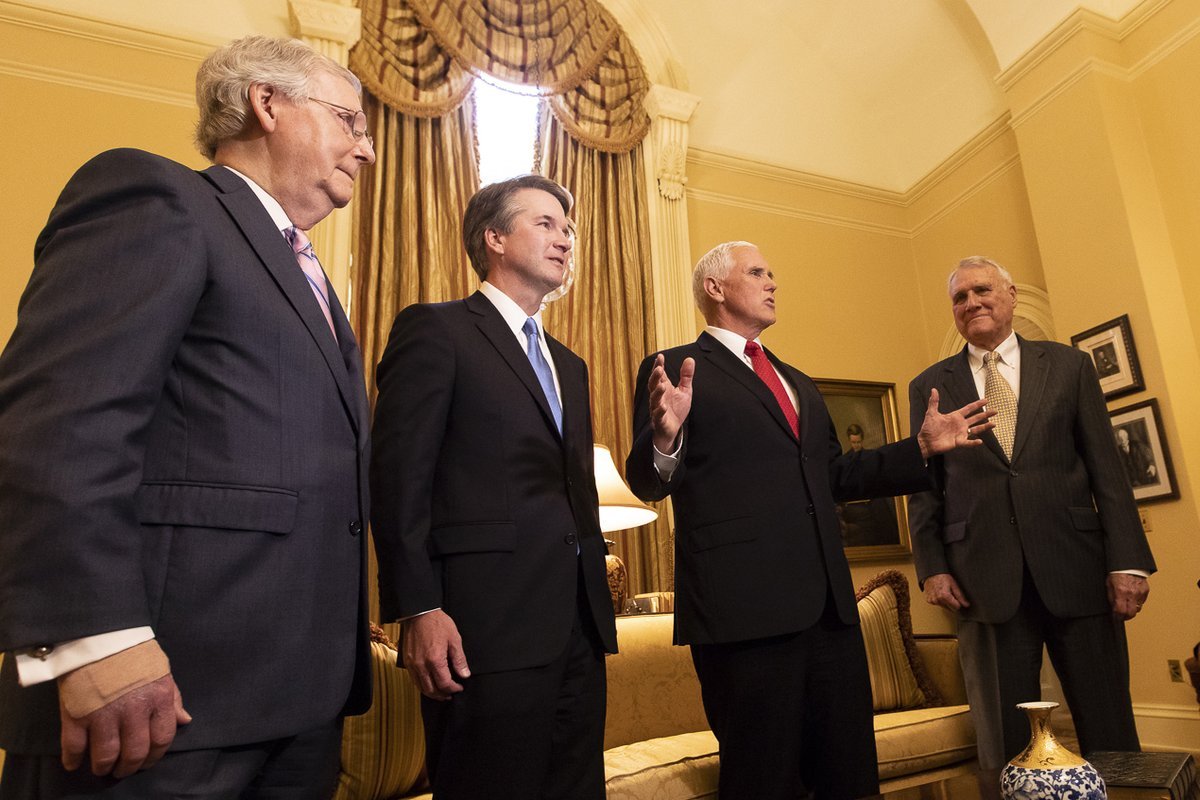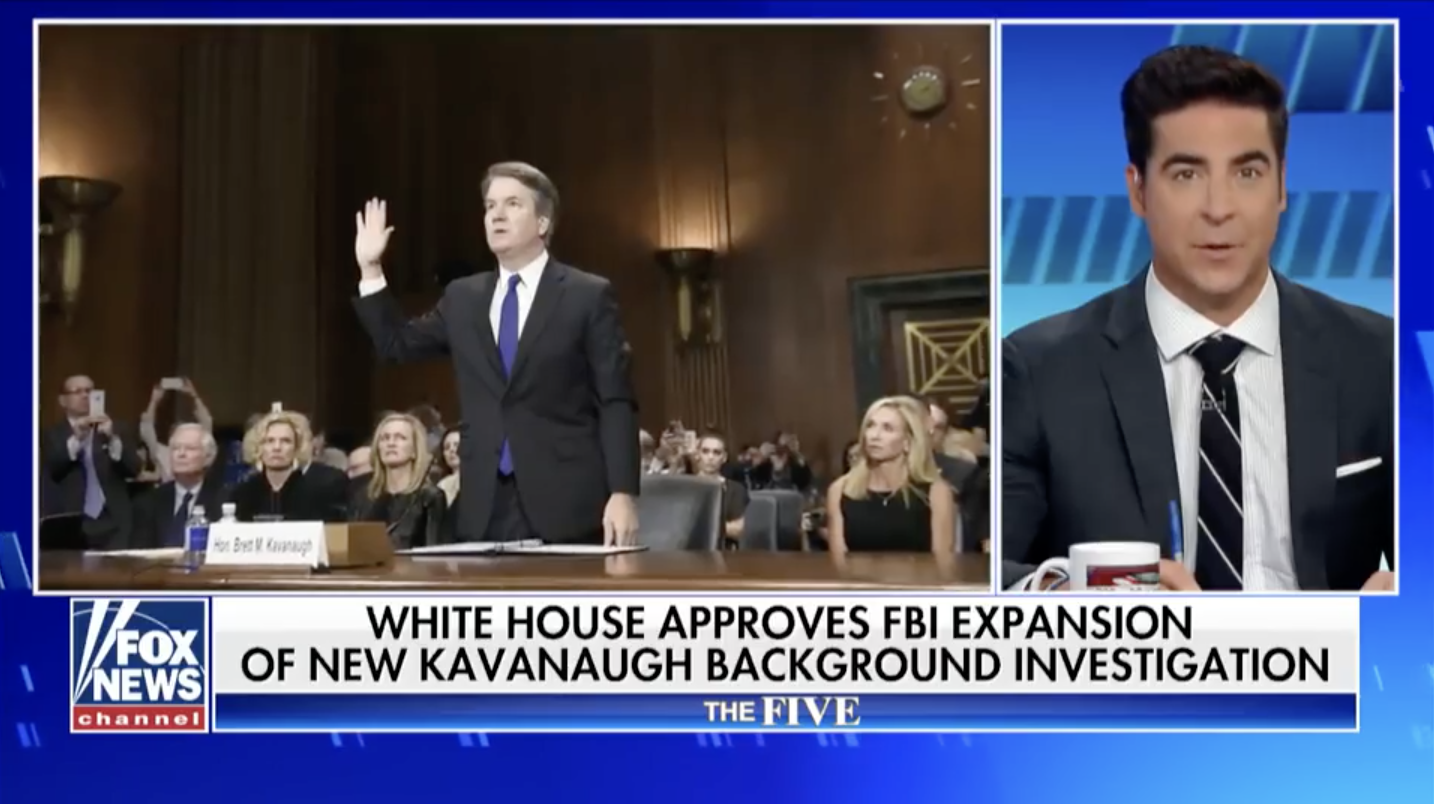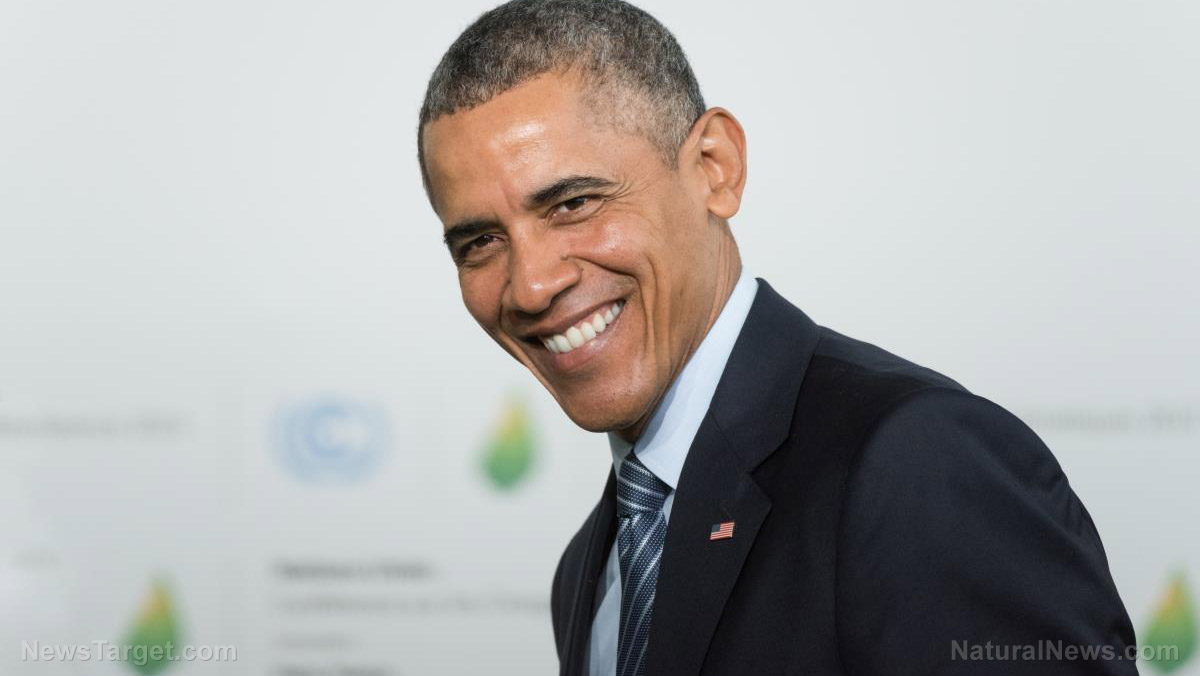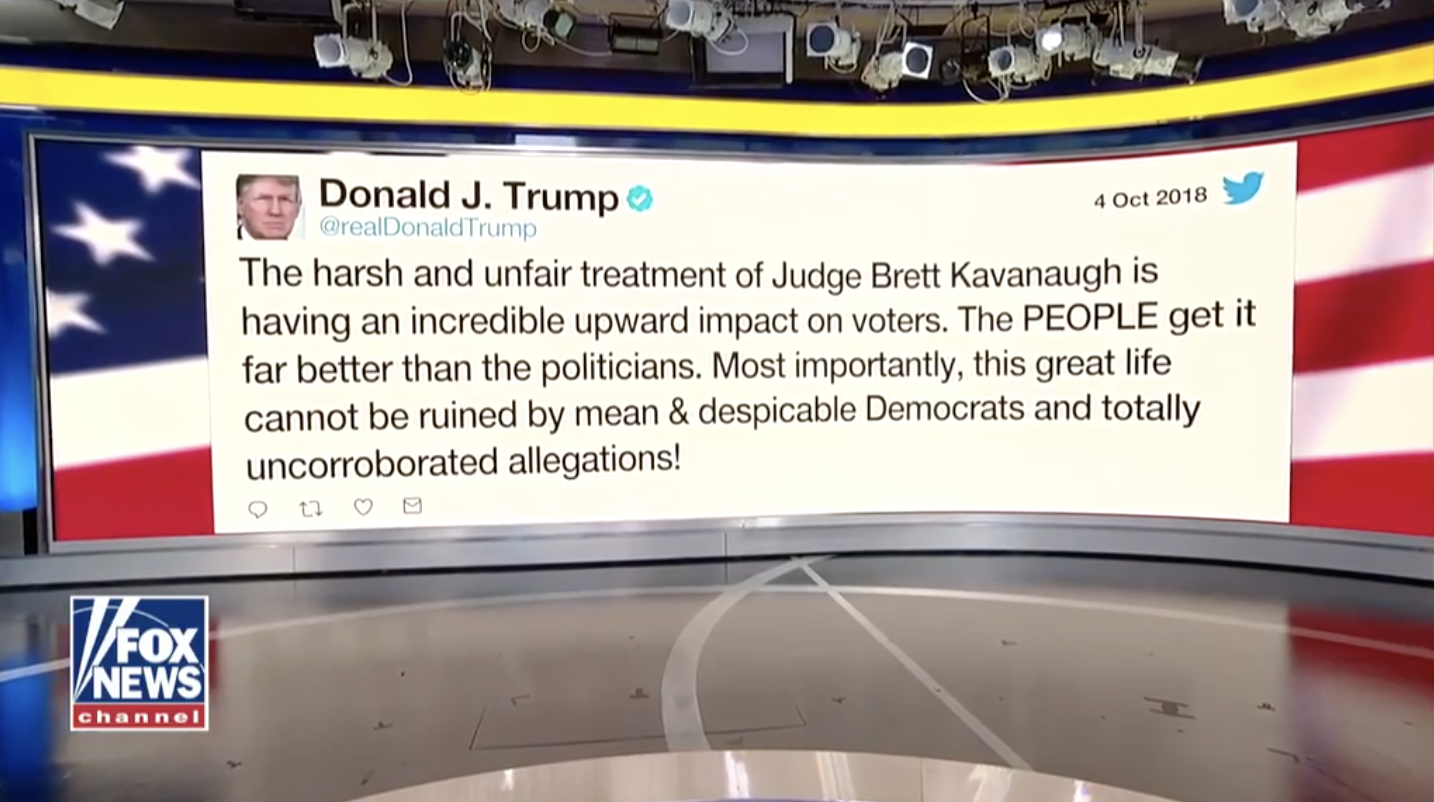News flash: President Obama didn’t learn anything in eight years in the White House. And he’s proud of it.
Article by Michael Goodwin
As Obama admitted in an interview with New York magazine: “If you go back and you read speeches I made when I was running for the US Senate in 2003, or if you go back further and you look at statements I made when I was on the Harvard Law Review, my worldview is pretty consistent.”
Never mind that the world is on fire, that America is polarized, angry and scared. Or that ObamaCare is a sick patient, that the economy is growing at a snail’s pace and that many cities are racial war zones.
It’s not Obama’s fault. None of it. He would do it all again.
With voters fixated on his successor, Obama is fixated on his legacy. A large part of his effort on the way out the door is explaining what he did, and insisting that what he did was right. Always.
There’s no news there, but there is some valuable insight from the ways he defends the indefensible. Let it be a warning to Donald Trump and Hillary Clinton about the pitfalls of the power they are seeking.
If nothing else, the winner should take the oath of office next January armed with the knowledge that hubris is the common thread in Obama’s many failures.
For example, the president says his secret sauce was that he “trusted my judgment” but didn’t “trust the noise out there,” meaning Republicans, talk radio, cable TV and pretty much everybody else who didn’t agree with him.
At some point, he said, he concluded his critics were “not even trying to be fair-minded in their assessments or recommendations,” and he found that liberating because he could ignore them.
Whether it was enforcing his red line in Syria, which he didn’t, or substituting executive orders for congressional action, he expressed no regret. He was right and everybody else was wrong.
It’s a remarkable notion, yet plainly a trend when government is the largest special interest, one that uses and abuses its power to look out for itself. Especially under liberals, it only admits failure to demand more power.
This is no small feat. Consider that way back in the reign of George W. Bush, it was universally accepted that a president ought to be held accountable for national problems. A war that didn’t work out as planned, a natural disaster or an economic one all fell on the head of the occupant of the Oval Office.
But Obama and his apologists cleverly reversed the dynamic. Now the American public is to blame when things go wrong.
It’s because people are “deplorables” or some other ignorant form of life that leads them to resist wise choices government makes for them. If only the people were smart enough and honest enough to understand how lucky they are, the country would be better off.
Throughout this interview and others, it is clear that Obama is leaving office with both his worldview and his prejudices firmly intact. Recall that during the 2008 campaign, talking to donors in San Francisco, he said that white working-class people in Pennsylvania and places like it were falling behind economically and “they get bitter, they cling to guns or religion or antipathy toward people who aren’t like them.”
That’s the most quoted part of his remarks, but the rest of it was equally snobbish: Those same people, he said, also cling to “anti-immigrant sentiment or anti-trade sentiment as a way to explain their frustrations.”
Imagine if Obama had listened to those people, instead of shutting them out as noise. Imagine if he had seen their problems as legitimate, instead of seeing them as backwoods bigots.
But he didn’t, and so he leaves the country more bitterly divided than when he began. And, as I have said before, Trump’s rise through his focus on immigration and trade are a big part of Obama’s legacy.
Obama often said he wanted to transform America. A President Trump is certainly not the transformation he had in mind, but it may be the one he gets.
Imagine that inauguration.
Handouts = progress in BlasWorld
In a normal city under a normal mayor, a rise in the number of people who need free food would be seen as a failure.
But in Bill de Blasio’s progressive New York, growing government dependency is cause for celebration.
Stranger still, City Hall hopes that more people will sign up for free food in coming months. Yippeee!
The increase in food-stamp recipients is only 2 percent for the year. But the uptick ends three years of decreases that saw declines of 12 percent, according to Politico.
Worse yet, the increase is part of a trend where the poor are getting poorer, or there are more of them. Homelessness is set to reach an all-time high of 60,000 people and welfare cash grants are up under de Blasio by 7 percent.
Shame is no longer a culture barrier to taking free stuff, and the city is removing legal barriers. De Blasio dropped most hurdles to entering the shelter system, which is growing faster than overwhelmed bureaucrats can move people into housing.
Similarly, the number of welfare recipients, who live on cash grants, is growing because it is easier to enroll. That number now stands at 370,574.
The food-stamp program helps feed more than 1.7 million people, or about 20 percent of Gotham’s population. It means too many people, most of them working, need handouts to make ends meet.
Yet City Hall hails the growth as a success, saying its expansion efforts are paying off. A spokesperson even told Politico that “we expect that even more New Yorkers in need will enroll.”
More and better jobs don’t seem to be part of the plan. Yet because de Blasio boasts that his policies reflect “progressive values,” he must mean that increased poverty and dependency are progressive.
Hillary gets Bubbacrossed
A day after he called ObamaCare “the craziest thing in the world,” Bill Clinton went after a Bernie Sanders supporter who was heckling him in Ohio.
Two possibilities: Bubba’s legendary skills are failing him, or he secretly doesn’t want Hillary in the White House.
Then again, it’s possible both are true.
NJ logic taxing
A story on the pending New Jersey budget has “experts” calling it a bad deal because tax cuts mean the state can’t afford everything it wants to do. That’s strange, because none of the “experts” worried whether Jersey taxpayers could afford a near-tripling of the gas tax, to 37.5 cents per gallon, which is also part of the budget.
Read more at: nypost.com

